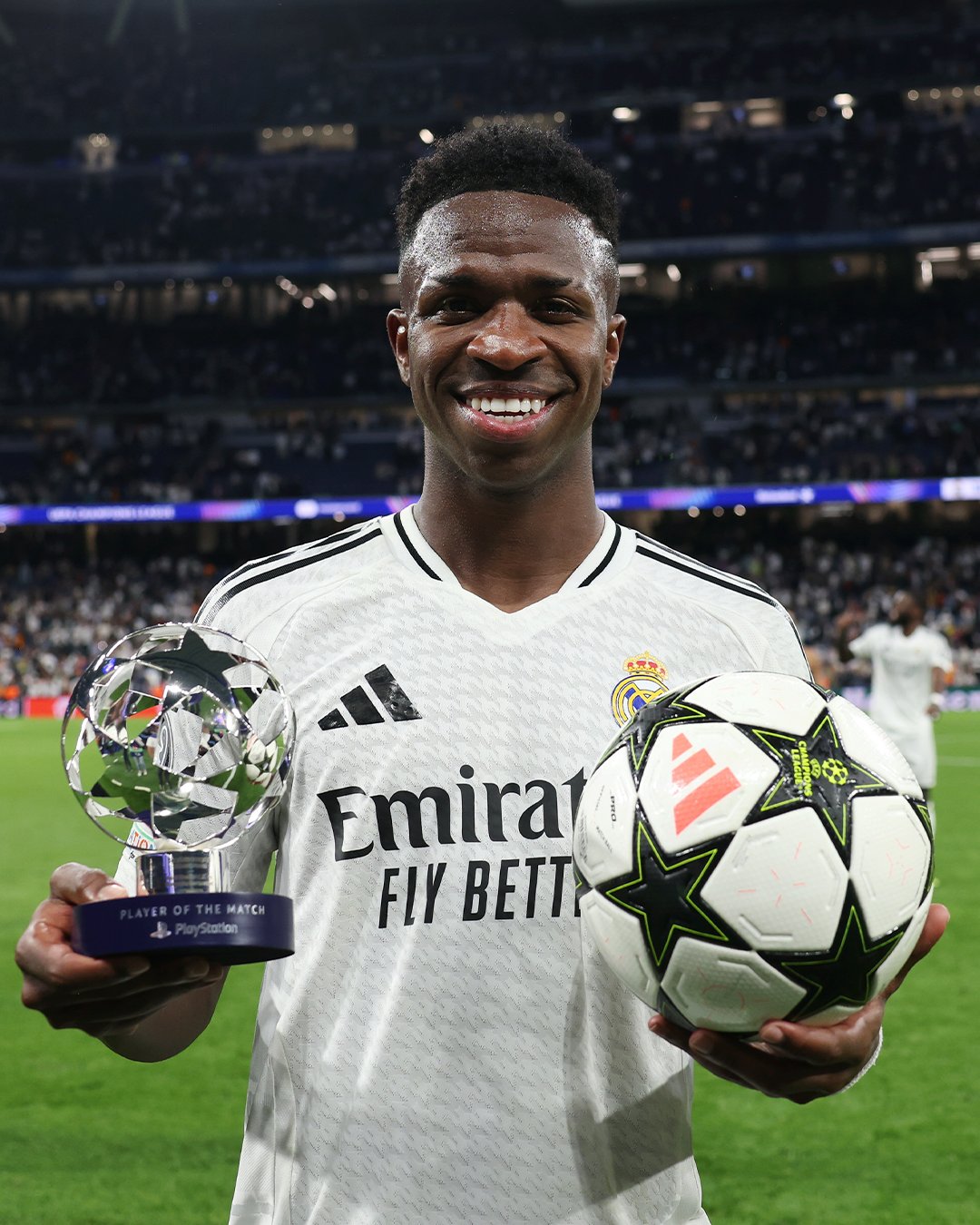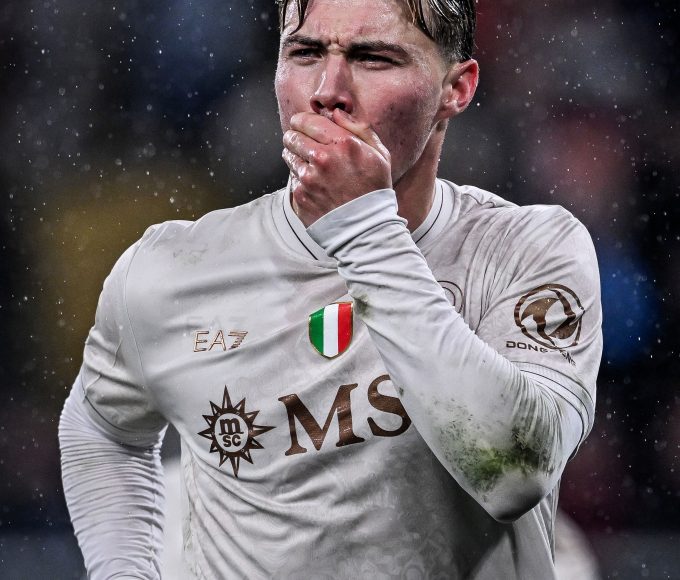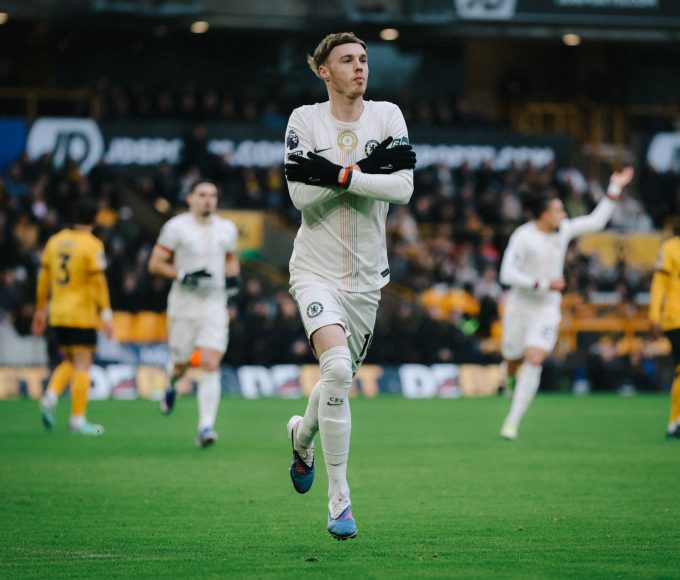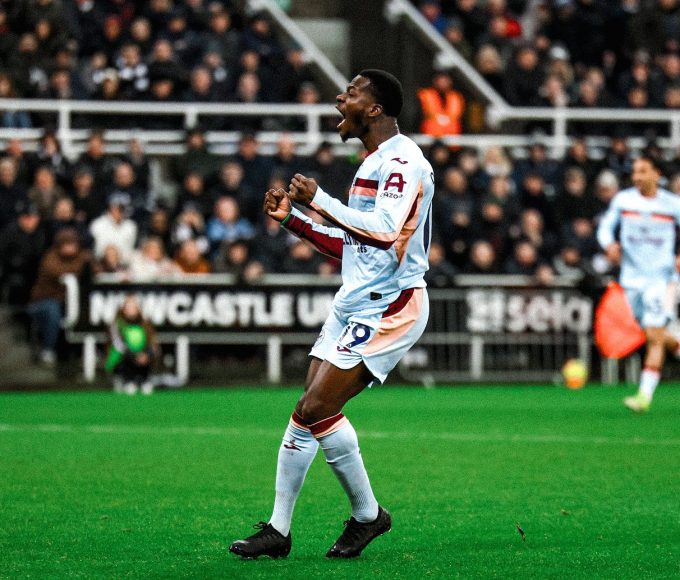Journalists and politicians in Brazil have criticised Rodri being voted the winner of the Ballon d’Or ahead of Vinicius Junior.
Brazil forward Vinicius, 24, was Real Madrid’s top scorer last season as the Spanish giants won the Champions League and La Liga.
Manchester City’s Spain midfielder Rodri helped his country win Euro 2024 in July and also won the Premier League, Uefa Super Cup and Club World Cup with City.
Rodri was awarded the prize in Paris on Monday with Vinicius absent from the ceremony along with representatives from his club.
‘A missed opportunity’
Brazilian news commentators described the decision as an unjust and retaliatory move, with some concluding that it was the most controversial decision in the award’s history.
Many claimed the Real Madrid player was denied the award because of his stance on the racism he faces in Spain.
“We know that Vinicius is a target of racism in Spanish football and other parts of Europe, and he actively fights against racism,” said Guga Chacra, a commentator from the leading Brazilian TV news network Globo News.
“This leads us to question whether the result that gave Rodri the win was influenced by prejudice and racism against Vinicius.”
Gustavo Faldon, sports editor for the Brazilian daily Estadao said: “The [treatment of] Vincius was the biggest injustice in the history of Ballon d’Or.
“The fact that he is Brazilian, plays for Real Madrid, and is a forward should have worked in his favour in the history of the award.”
“It sounds like an injustice to me,” added Rodrigo Bueno, a sports commentator for ESPN Brasil.
Milly Lacombe, a sports commentator for Brazil’s UOL news website, said that the Ballon d’Or “missed the opportunity to pay a heartfelt tribute to the most talked-about player of the season – known for his dribbling, goals, ability to make decisive plays, and social activism”.
The awards, organised by France Football, are based on voting by a panel of journalists from the top 100 Fifa-ranked nations.
Each journalist selects 10 players from a list of 30 nominees, placing them in order from 10th to first.
Galvao Bueno, one of the biggest Brazilian sports commentators, posted a video in his YouTube channel, with over a million of followers, criticising the selection methods.
“It’s not just a matter of football, of who plays better; this award has a European bias,” he said.
Bueno added that Vinicius did not win because of his battle against racism, and that his story “causes discomfort”.
“It was a close victory, it wasn’t decided by much,” Vincent Garcia, editor-in-chief of France Football, told French newspaper L’Equipe.
“Vinicius probably suffered from the presence of Bellingham and Carvajal in the top five because, mathematically, it took away a few points.
“It also sums up Real’s season which was carried by three or four players and the judges shared their choices between them, which benefited Rodri.”
Commentators, however, strongly disagreed that winner Rodri had performed better than Vinicius this year.
“The fact that Vini Jr wasn’t awarded the title of best player in the world at the Ballon d’Or is yet another way to try to penalise the Brazilian for his outspoken stance on racial issues, both on and off the field,” wrote Douglas Ceconello, a journalist for Globo Esporte, a sports website in Brazil.
Following the Ballon d’Or results, Vinicius posted a message on X which said: “I will do it 10 times if I have to. They are not ready.”
His post received over 100,000 comments, with many Brazilians showing their support.
Brazil’s minister of racial equality, Anielle Franco, reacted to the message and said: “You are amazing, Vini! Racism will never stop us. Let’s keep making history.”













